Aurora Király’s show at Calina Gallery describes a society that is in a continuous conflict, in which themes like “history, hope, trauma, memory, human relationships, the thoughts of a child, garden, the last snow” are strongly related to the language.
The art show “Reality Check” takes from the immediate reality three situations that correspond to three levels of reality, with each having a different degree of subjectivity and a different language. The exhibition revolves around the language’s influence in three different contemporary contexts. Using language alongside art might seem a classic approach, but as you enter the gallery, the reading of the show becomes sort of biographical. The language relationship is explored depending on the level of subjectivity for the three situations. The reading of poetry that is characteristic for the 2000s generation, of news paper headlines from clippings and haiku poems together create a long term diary. The contexts in which they intervene targets the intimate, familial space, followed by the urban, crowded, public space and ending with nature in the form of a park or a garden, public and private at the same time, as it often happens in everyday life. The three projects presented together as part of the same show attempt to create a more ample and universal perspective.
The first register starts off with five autobiographical situations in which the diary visually unfolds in the form of a collage. This register appears to have been made in the characteristic manner of the new generations that focuses on intimate situations that are narrated as naturally as possible. The private space of the personal or familial environment becomes public, much like the 2014 project “Deadpan family portrait”. In this case, mapping human skin with vitiligo demonstrates how the 2013 project “Tales from a topographic skin” presents a kind of uncomfortable situation related to a skin disease which most prefer to keep to themselves. This register seems to have and advantage due to its capacity to touch the audience by involving private life in the public space. Aurora Király said about the project: “I think it’s exposure, but I was too busy identifying every situation and analyzing it, as a sort of psychological exercise” which shows the self-awareness and difficulty of exposing oneself.
The words “Life – Love – Memory” that make up the title of the second project are presented as defining for Aurora Király’s works. After a dialogue with the artist, it is clear that the embroidering of words on cloth is an action meant to make the memories stick, thus transferring them the external memory of someone walking in the gallery. The usage of materials that belonged to parents or grandparents puts this project in the autobiographical sphere, something more evident in the first project, but the social result is very important here, because, in this case, isolation is impossible. In the context of the urban environment which is constantly bombarded with commercials, advertisements and all-round unpleasant situations, while at the same time subjectively perceiving more temperate feelings towards nature and the existence of intimacy, makes this show a kind of recap. The fast-paced everyday life integrates light polls and billboards just as the poll from the center of the gallery is integrated in the project. The key word type of extractions are shown as explicit verification of everyday life in which everyone becomes a visual fragment of an environment that grows more and more toxic and must also face, at a linguistic level, the loss of identity in favor of “Romanian English”.
The 2016 project “Reconnected” opposes the previous register with the idea of a walk in a forest that is meant to make us pay more attention to details. The words engraved on glass, alongside the haiku photos, make the message that much more subjective in relation to the natural space which is inviting towards a more moderate attitude, as well as the relation with the intimate space leading to ample confessions in which the autobiographical elements are canceled out by the natural space. In the grand scheme of things, this projects has the role of balancing the previous registers and can be compared to a meditative walk.
The three distinct projects presented together in a relatively small space gives the sensation of experiences that have no protagonist, but rather the language plays the main role. Throughout this art show, I had the chance to take a walk in the park and then a walk on a crowded street in the same day. During this time I read poetry and heard honest confessions. By surveying certain aspects of everyday life, these three projects can be seen as sequel to previous works in which art history clichés are ironically presented, or as defining moments for still noticeable stereotypes. In this exhibition, Aurora Király exhibits and analyses aspects of life, conventions, stereotypes and obsessions extracted from the mundane that is characteristic for a confused society that is still transitioning.
Aurora Király, Reality Check, curated by Liviana Dan, was at Galeria Calina in Timișoara during 4.03 – 9.04.2016.
All quotes from an email interview with Aurora Király on 22.04.2016.
POSTED BY
Nicoleta Papp
Nicoleta Papp (b. 1993) attends an M.A. program at the Art History and Theory, Heritage and Curating department of the Art and Design University in Timișoara. She holds a B.A. from the same departmen...
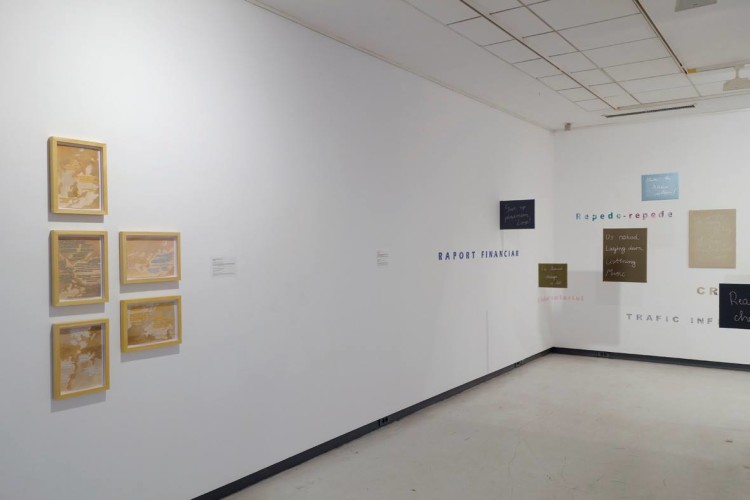
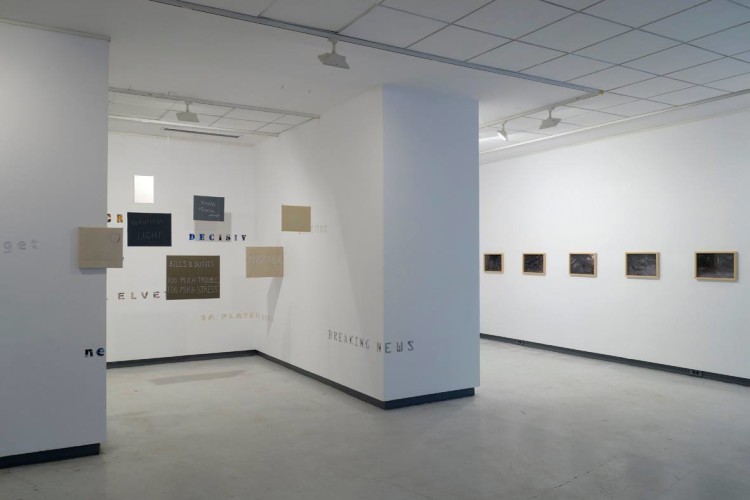
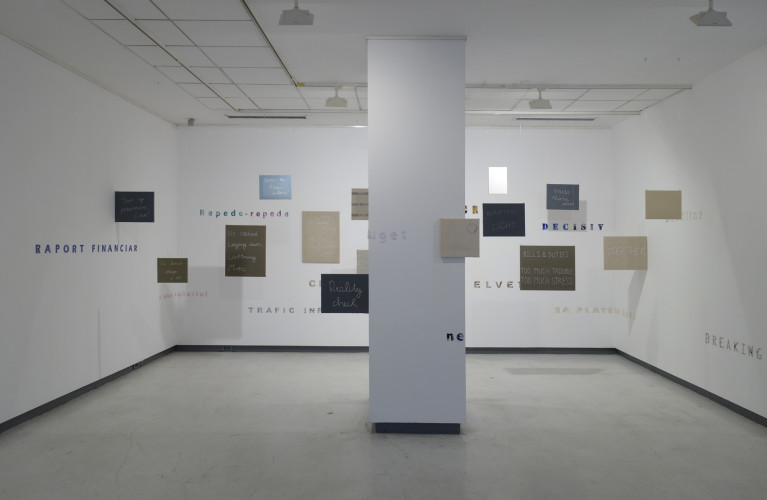
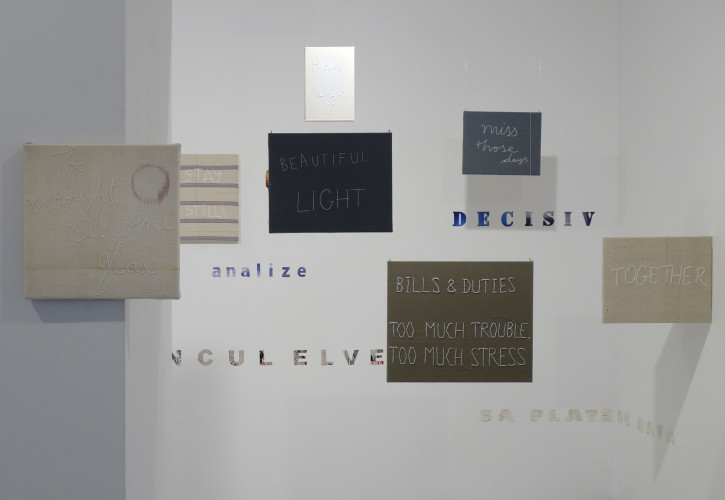
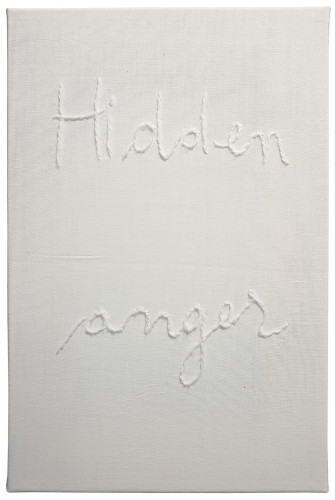
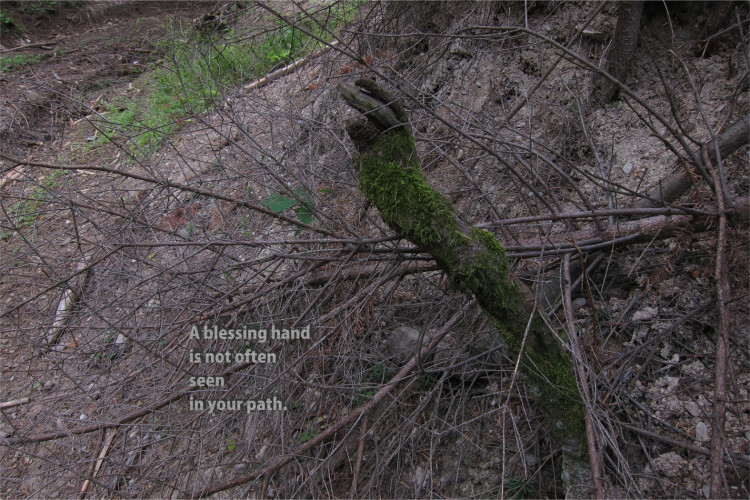
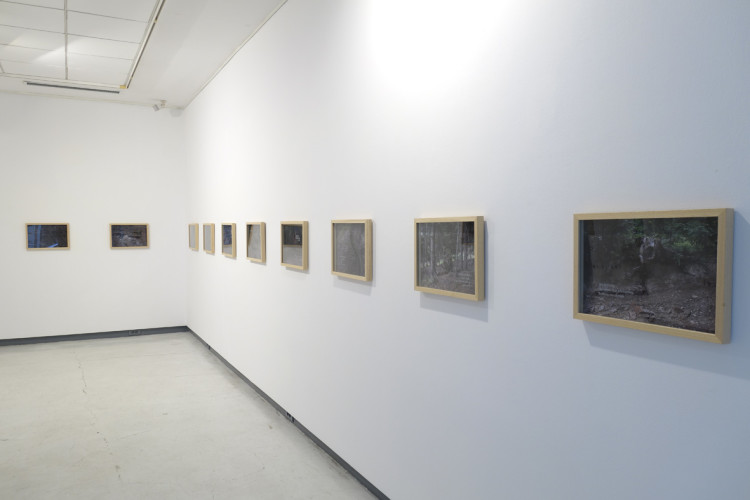
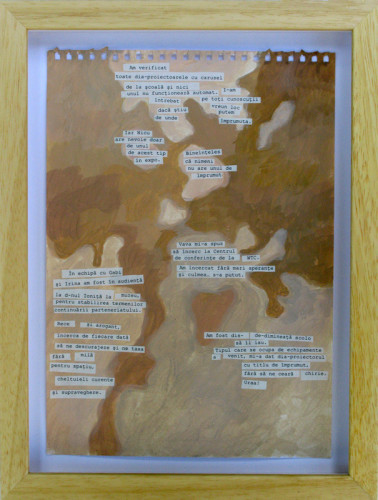
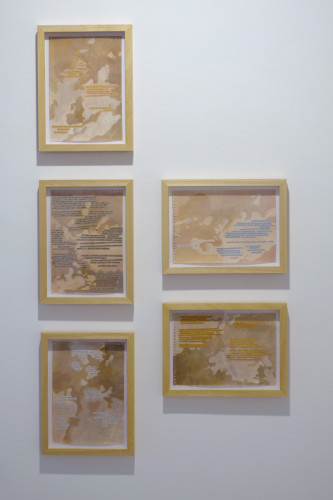
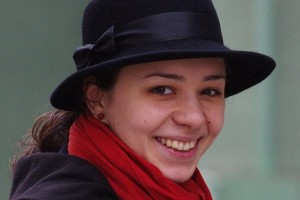
Comments are closed here.